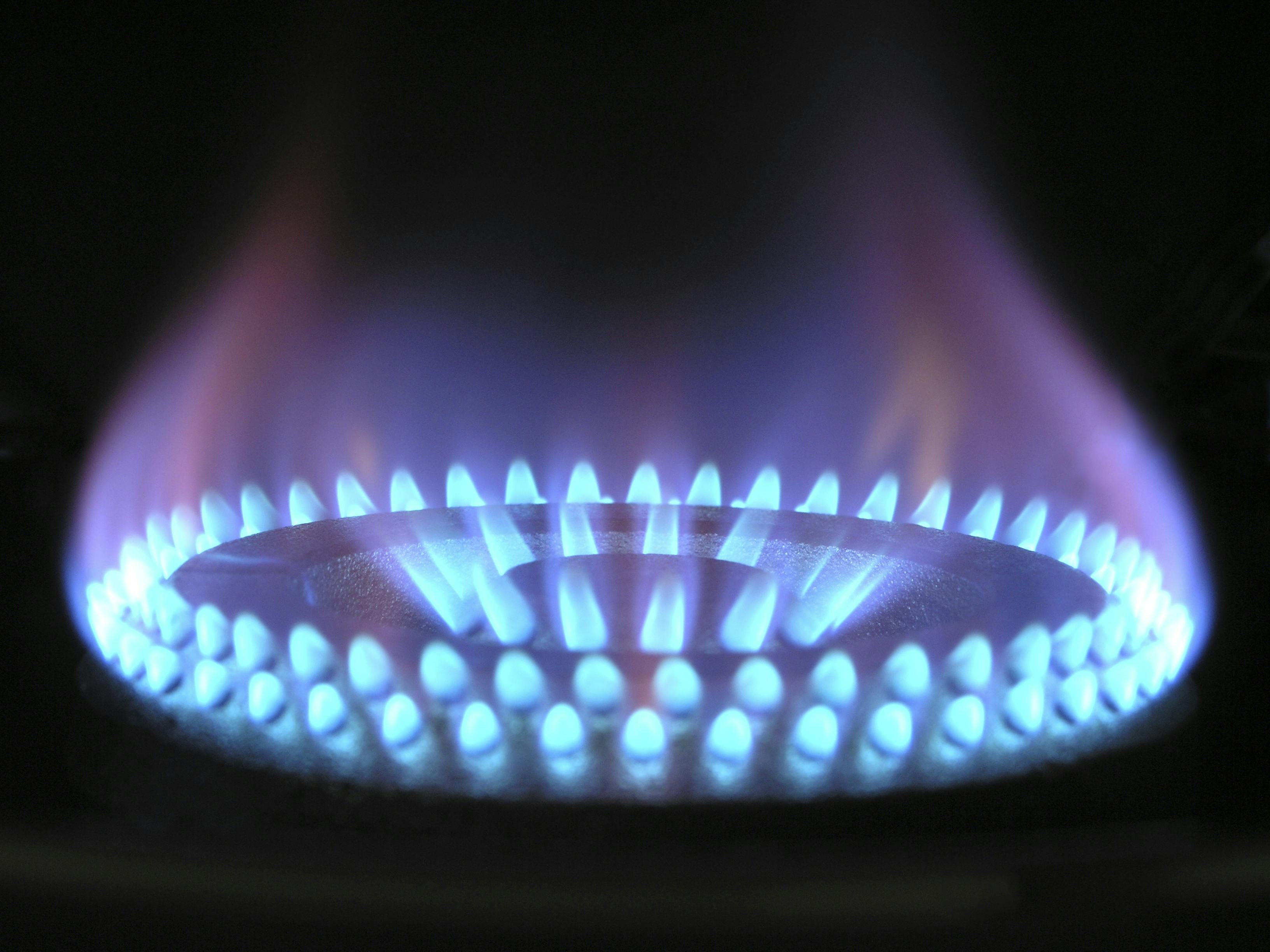
When selling your property, there’s a long list of things to consider, from finding the right estate agent to making your home look its best for potential buyers. One important, and sometimes overlooked, item on this list is the Gas Safety Certificate, often referred to simply as a "Gas Cert." But what exactly is a Gas Cert, and why is it essential when selling your home? Let’s dive into the details to help you understand its importance and ensure your selling process goes smoothly.
What Is a Gas Safety Certificate?
A Gas Safety Certificate is an official document provided by a registered Gas Safe engineer after they have conducted an inspection of all gas appliances in a property. This inspection is designed to ensure that all gas appliances, such as boilers, ovens, and gas fires, are functioning safely and efficiently. The certificate confirms that the gas installations meet the required safety standards, which are crucial for protecting the occupants of the home.
Why Do You Need a Gas Cert When Selling Your Property?
While it might not be the first thing you think of when preparing to sell your home, a Gas Cert is an important document that can play a significant role in the selling process. Here’s why:
1. Legal Requirements and Peace of Mind
In the UK, if you’re a landlord letting a property, you are legally required to provide a valid Gas Safety Certificate annually. For homeowners, while it’s not a legal requirement to have a Gas Cert when selling your own home, it’s highly recommended. A valid Gas Cert gives potential buyers peace of mind, showing them that the property is safe and that they won’t have to worry about any gas-related issues after the purchase. It can also help prevent any last-minute hitches that might delay the sale.
2. Buyer Confidence
Selling a house is about more than just bricks and mortar; it’s about selling a lifestyle, a future home, and a sense of security. Providing a Gas Safety Certificate builds trust with potential buyers, as it demonstrates that you’ve taken care of the home and ensured that it’s safe. In a competitive housing market, having all your paperwork in order, including a Gas Cert, can set your property apart and make it more attractive to buyers.
3. Smooth Transactions
A smooth transaction is the goal of any house sale. By having a Gas Cert ready, you can avoid potential delays that might occur if the buyer requests a gas safety inspection later in the process. It’s one less thing to worry about, allowing both you and the buyer to move forward with confidence. Additionally, if any issues are identified during the inspection, you’ll have the opportunity to address them before putting your home on the market, rather than being caught off guard during negotiations.
4. Avoiding Potential Liability
While it’s rare, there are cases where sellers could face liability if they sell a property without disclosing issues related to gas safety. If a problem arises after the sale and it’s discovered that the appliances were unsafe, this could potentially lead to legal disputes. Providing a Gas Safety Certificate helps protect you from such scenarios, ensuring that all gas appliances were checked and deemed safe at the time of sale.
How Do You Obtain a Gas Safety Certificate?
Obtaining a Gas Safety Certificate is a straightforward process.
The first step is to contact a Gas Safe registered engineer. Only engineers who are registered with the Gas Safe Register are legally allowed to perform gas safety checks and issue Gas Safety Certificates. You can easily find a registered engineer in your area by visiting the Gas Safe Register website.
The engineer will visit your property to inspect all gas appliances. This includes checking the gas supply, pipework, and any gas appliances for safety. The inspection usually takes about 30 to 60 minutes, depending on the number of appliances.
If everything is in order, the engineer will issue the Gas Safety Certificate, which you should keep in a safe place. If any issues are found, the engineer will advise you on the necessary repairs or replacements, and once these are completed, you can obtain the certificate.
What Does the Gas Safety Certificate Include?
A Gas Safety Certificate typically includes the following information:
A description and location of each appliance checked.
The name, registration number, and signature of the engineer who carried out the check.
The date of the inspection.
Any safety issues identified and the actions taken to resolve them.
Confirmation that the gas appliances are safe to use.
While selling a house can be a complex process, having a Gas Safety Certificate is a small but crucial step that can make a big difference. It not only provides peace of mind for you and potential buyers but also ensures a smoother, more confident sale. By taking the time to obtain a Gas Cert, you’re showing buyers that you care about the safety and quality of the home they’re considering. So, before you list your home, make sure your Gas Cert is ready to go – it’s a simple action that can have a positive impact on your sale.
Visit our other blogs for more top tips!








